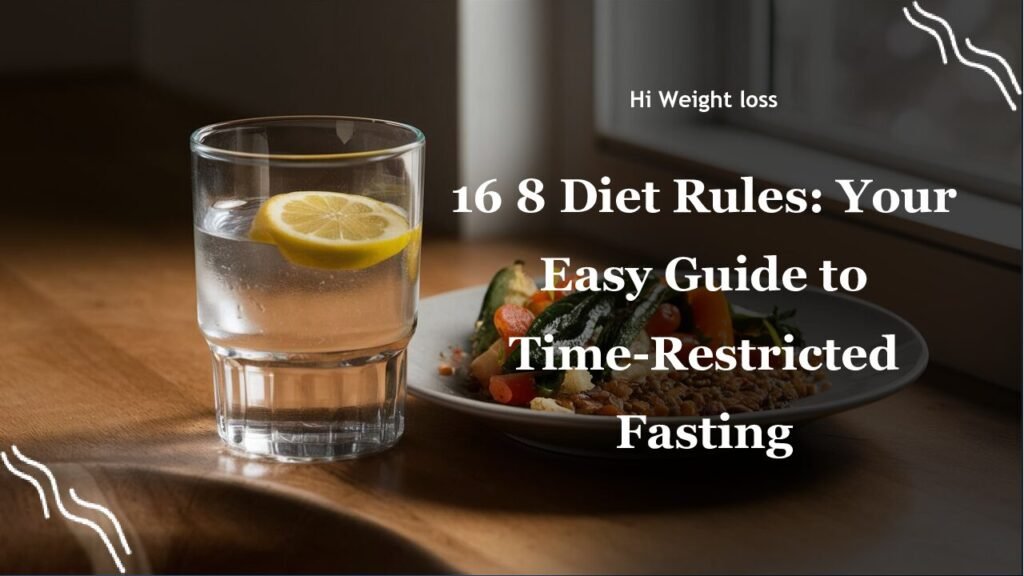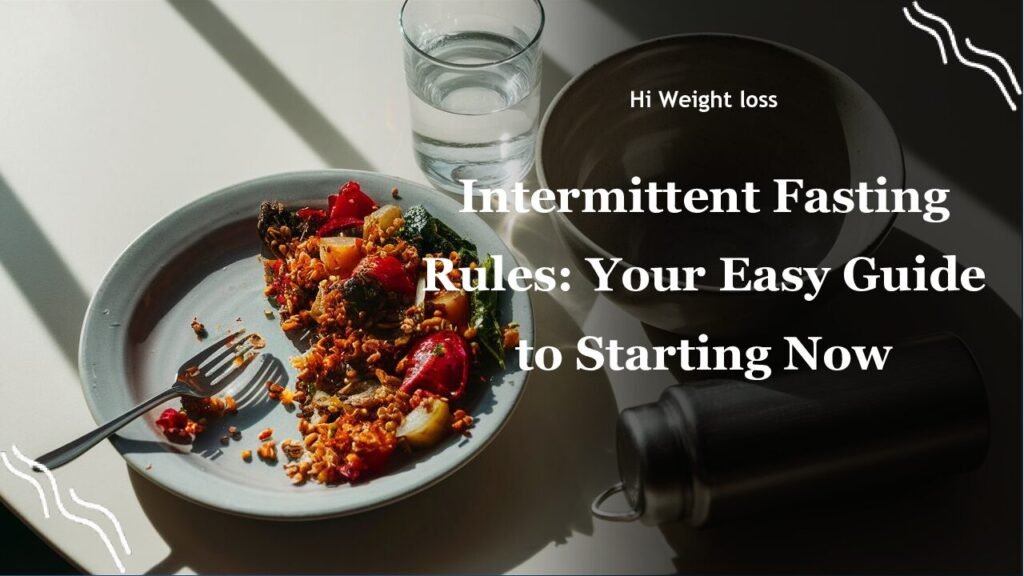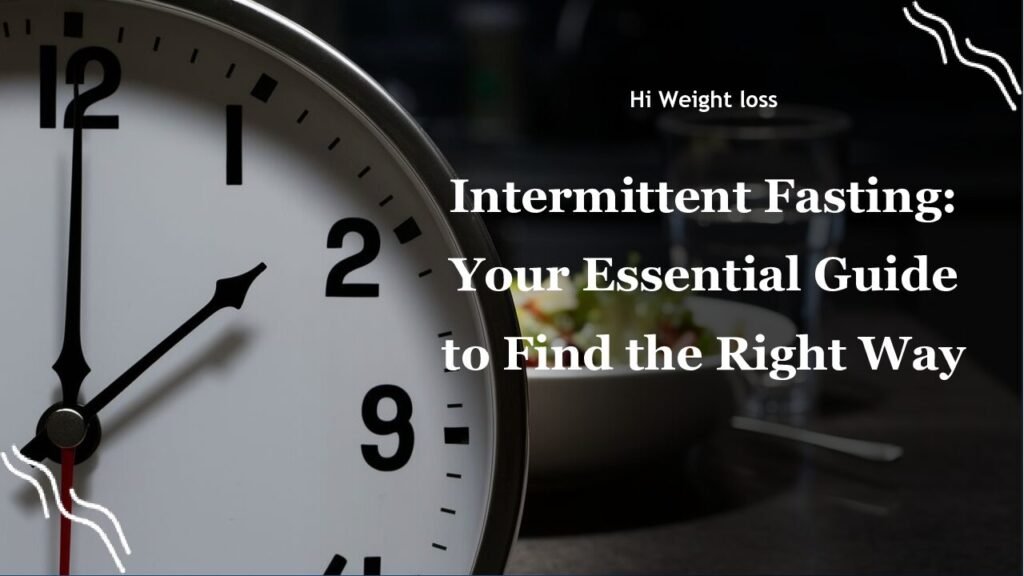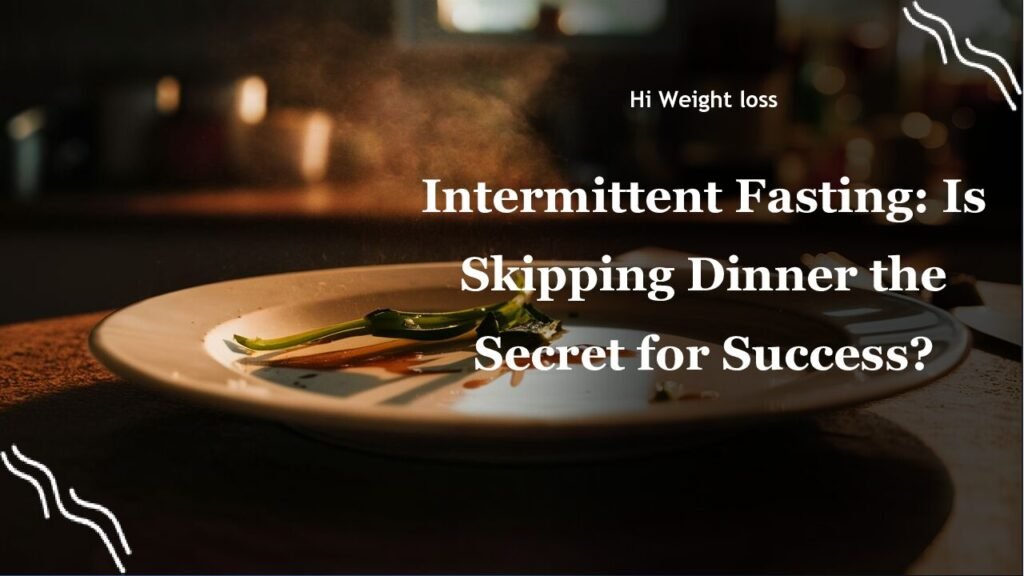“`
Feeling overwhelmed by endless diet trends? Many people struggle to find a sustainable eating pattern. The 16/8 diet, or time-restricted fasting, offers a straightforward approach: eat during an 8-hour window and fast for the remaining 16. This article will explore *what are the rules for the 16 8 diet*, providing a clear guide on how to implement this popular intermittent fasting method effectively, drawing on both scientific information and real-world experience.
Understanding the 16/8 Intermittent Fasting Diet
The 16/8 diet is a type of *intermittent fasting* where you cycle between periods of eating and voluntary fasting. It’s not about *what* you eat, but *when* you eat. This approach has gained popularity for its simplicity and potential health benefits.
Key Rules for Following the 16/8 Diet
To follow the 16/8 diet successfully, you need to understand the core principles. It’s all about creating a consistent schedule that you can stick to. Here are the fundamental *rules for the 16/8 diet*.
1. Choose Your Eating Window
The first step is deciding on an 8-hour window each day during which you will consume all your food and calorie-containing beverages. Popular time windows include 9 am to 5 pm, 12 pm to 8 pm, or 2 pm to 10 pm. My friend Sarah, a busy nurse, found the 11 am to 7 pm window perfect for her schedule. She could have lunch at work and then dinner at home without feeling restricted.
2. Eating Within the 8-Hour Window
During your chosen *eating window*, focus on consuming nutritious whole foods. You can eat meals and snacks at times that are most convenient for you. It’s best to limit or avoid processed junk foods. It’s about making conscious choices that support your health goals. Remember, the quality of your food matters as much as the timing.
3. The 16-Hour Fasting Period
During the remaining 16 hours of the day, you should abstain from food and any beverages that contain calories. You can drink water, black coffee, or unsweetened tea during this period. These non-calorie beverages can help you manage your hunger pangs. It is important to stay hydrated during this time.
4. Hydration is Key
Drinking water regularly throughout the day is crucial, both during eating and fasting periods. Infusing water with lemon, lime, or cucumber can make it more enjoyable and help you stay hydrated, as suggested by Medical News Today. My own experience has shown that staying well-hydrated makes fasting much more bearable and helps with energy levels.
5. Mindful Eating
It’s also important to practice *mindful eating* during your eating window. This means paying attention to your hunger cues and eating until you feel satisfied but not overly full. This can help you manage hunger pangs and make your eating more enjoyable. This is not a diet of deprivation, it’s about timing and awareness.
6. Monitor Your Health
If you have any underlying health conditions, such as diabetes or low blood pressure, it’s advisable to consult a doctor before starting the 16/8 diet. Healthline also recommends consulting a doctor if you have a history of disordered eating. Safety and well-being should always come first.
7. Adjust as Needed
Some people may need to experiment to find the best eating window and mealtimes that fit their lifestyle. It’s about finding what works best for you. There isn’t a single, fixed answer. The key is consistency and listening to your body.
Benefits of the 16/8 Intermittent Fasting Plan
Why should you consider the 16/8 diet? Beyond its simplicity, it offers a range of potential health benefits. These benefits are supported by both scientific research and the experiences of many individuals who have adopted this dietary approach.
Here are some potential benefits:
| Benefit | Explanation |
|---|---|
| Weight Loss | By restricting the time you eat, you might naturally consume fewer calories, leading to weight loss. |
| Fat Loss | The body might start burning stored fat for energy, particularly during the fasting period. |
| Improved Blood Sugar Control | Studies suggest that intermittent fasting can improve insulin sensitivity. |
| Enhanced Longevity | Research in animals indicates intermittent fasting may have longevity benefits. |
These potential *benefits of the 16/8 intermittent fasting* are not guaranteed for everyone. Individual results will vary. It’s important to consider your own health situation and needs. Always consult with a healthcare professional before making significant changes to your diet.

How to Follow the 16/8 Intermittent Fasting Diet Step-by-Step
Let’s break down exactly *how to follow the 16/8 intermittent fasting diet* into simple steps you can start implementing today.
1. Choose a Suitable Eating Window
Consider your daily schedule and determine an 8-hour window that aligns with your life. Whether it’s 9 a.m. to 5 p.m. or 12 p.m. to 8 p.m., ensure it’s something you can commit to consistently. For me, the 10 a.m. to 6 p.m. window works well with my work schedule and personal life. Consistency is the key. As Medical News Today points out, flexibility is important, but choosing a time frame and sticking to it as much as possible makes it easier.
2. Plan Your Meals
During your eating window, plan to consume healthy, whole foods. Focus on balanced meals including protein, healthy fats, and complex carbohydrates. Don’t just eat anything – the quality of your food is crucial. Try incorporating foods like lean meats, vegetables, and whole grains into your meals. Proper planning can help you avoid unhealthy cravings.
3. Stay Hydrated During the Fast
During your 16-hour fasting period, drink plenty of water. You can also enjoy calorie-free beverages like plain coffee, herbal tea, or water with lemon or cucumber. These help keep you hydrated and can make the fasting period more bearable. I personally enjoy a large glass of water with lemon in the morning to curb my hunger pangs. Healthline also emphasizes the importance of adequate hydration.
4. Be Consistent
Consistency is key for seeing results. Aim to stick to your chosen eating and fasting schedule as closely as possible. While there might be occasional exceptions, consistency will help you to build a routine and adjust to this new way of eating. Don’t get discouraged if you slip up, just get back on track the next day. Remember, this is a journey not a race.
5. Listen to Your Body
Pay attention to your body’s cues. If you experience extreme hunger or fatigue, adjust your plan. The 16/8 diet should be sustainable, not torturous. Don’t be afraid to adjust your eating window or the types of foods you eat to better meet your individual needs. It’s about finding a balance that works for you.
Conclusion
The 16/8 diet offers a flexible and straightforward approach to *time-restricted fasting*. By understanding the *rules for the 16/8 diet* – choosing an eating window, consuming nutritious foods, fasting for 16 hours, and staying hydrated – you can potentially unlock the many health benefits it offers, including weight management, improved blood sugar control, and enhanced longevity. Remember, it’s essential to listen to your body and adjust as needed. The experiences of many and the advice from experts like those at Healthline and Medical News Today emphasize consistency and proper planning. Now is the perfect time to explore if the 16/8 diet is right for you. Why not give it a try and see how it can improve your life? Share this with someone who might benefit from this information.
FAQ
Can I exercise during the fasting period?
Yes, you can exercise during the fasting period. Low to moderate-intensity exercises are generally fine. Just be sure to stay hydrated. You might want to experiment with what works best for you and your energy levels.
What should I eat during my eating window?
Focus on balanced meals with plenty of protein, healthy fats, and complex carbohydrates. Include fruits and vegetables. Avoid highly processed foods and sugary drinks. The key is to make sure that your food choices are supporting your overall well-being.
Is the 16/8 diet suitable for everyone?
The 16/8 diet is not suitable for everyone, particularly those with underlying health conditions such as diabetes or a history of disordered eating. It’s important to consult your healthcare provider before starting any new diet plan. Also, if you’re pregnant or breastfeeding, this diet may not be suitable for you.
Can I drink coffee during the fasting period?
Yes, you can drink black coffee or unsweetened tea during the fasting period as these beverages contain minimal calories and don’t affect your fast. Be sure to avoid any milk, sweeteners, or creamers.
How long does it take to see results?
Results may vary, and it depends on your starting point and consistency. Some people see results in a few weeks while others may take longer. Patience and consistency are key, as with any lifestyle change.
“`



